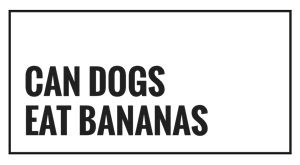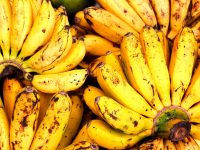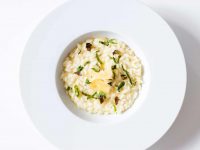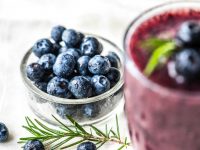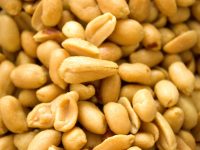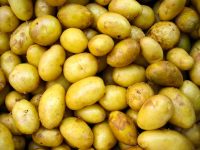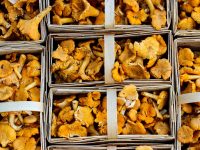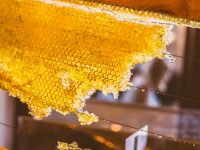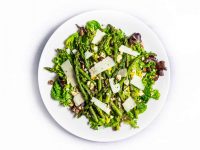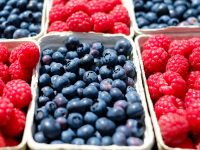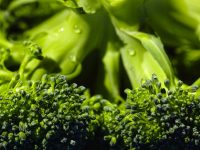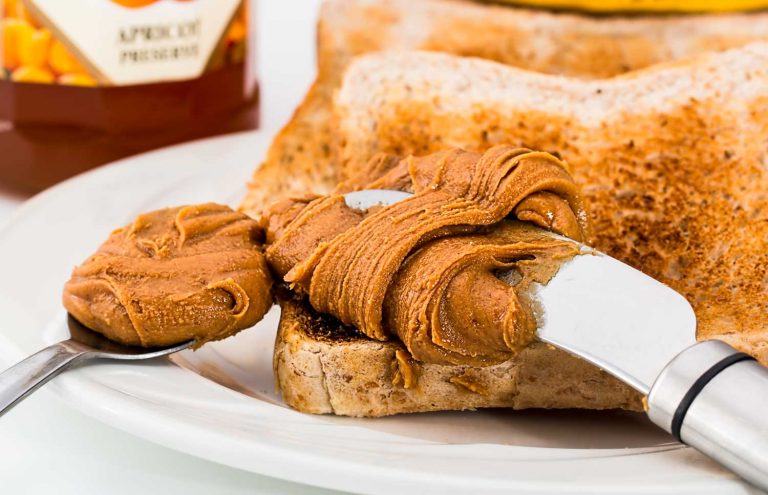Ahh yes, the age old question: “Can dogs eat peanut butter?” Dog owners from all walks of life frantically search Google to find the answer, and the answer is yes.
Dogs can eat peanut butter, and they’re very lucky for this. As are you, because a peanut butter fed pup is one happy pup. While nuts for dogs often draw some criticism because they can be dangerous for dogs to consume, peanuts and peanut butter are safe for canine consumption and also boast a number of health benefits.
Now, let’s get into some dog peanut butter facts so that you can drop some PB knowledge on your fellow dog owners.
Can Dogs Eat Peanut Butter: A Yummy Solution
When it comes to dogs and peanut butter, you better not leave the two of them alone together in a room. The peanut butter doesn’t stand a chance: it’s too yummy and tasty for that dog not to devour every last bit.
While we certainly want to encourage our pups to eat peanut butter, we also want them to savor the peanut butter like a glass of fine wine. Peanut butter is a doggy delicacy and should be treated as such.
Use peanut butter as a special treat to reward your furry friend or to keep them occupied on a busy day by putting the PB inside a toy.
Our furry friends are a doggy delicacy in their own right: we want them to be as happy and as healthy as possible. In order to keep that pup happy and healthy, avoid feeding them any peanut butter containing added salts, sugars, or sweeteners.
Our dogs love and benefit most from organic, raw peanut butter that contains no additives or substitutes. We want the purest PB we can get for our pups, and that usually comes in the form of a natural, organic dog peanut butter made especially for our furry friends.
Lucky for us, dog peanut butter provides a yummy solution to the following question: “How can I keep my pup happy, but feed them healthy treats?”
Health Benefits
According to PetMD, peanut butter provides your pup with a variety of healthy nutrients. It’s high in protein, antioxidants, healthy fats, vitamins, and minerals.
The primary proteins found in peanut butter (arginine and histidine) improve circulation and heart health, while also fending off blood deficiencies like anemia.
Peanut butter contains the antioxidant, resveratrol, which provides a number of healthy benefits: it helps reduce risk of heart disease, and provides anti-cancer and anti-ageing properties.
The healthy fats in peanut butter help with weight loss, inflammation, and reduce your dog’s risk of heart disease.
The vitamins (vitamins B and E) and minerals (copper, manganese, and phosphorus) in peanut butter benefit your dog’s energy and metabolism levels, promote healthy skin, lower bad cholesterol, and protect your pup from doggy Alzheimer’s.
Allergies
Can dogs eat peanut butter? Not if they have an allergy.
While peanuts are much healthier than most nuts for dogs, some pups may have or develop a peanut-related allergy.
If you are feeding peanut butter to your furry friend for the first time, give them only a small, coin shaped slab of PB and check for any signs of a peanut allergy like itching of the face, itching of the body, or coughing. After an hour or so, a dog showing no signs of an allergy is good to go!
Xylitol? Not At All!
No dog peanut butters are made with xylitol: a sugar substitute that can seriously harm your fur baby. Only human peanut butters that are sugar-free contain xylitol, which is safe for human consumption because humans are able to break it down. Dogs are unable to digest xylitol, which can lead to an increased release of insulin and a big drop in blood sugar levels.
Now, don’t fret! So long as your pup is eating a pure, organic peanut butter with no additives, you have no need to worry about xylitol. Just check that ingredients label on the jar, if you want that extra peace of mind.
Can dogs eat peanut butter? Of course, just never a peanut butter with xylitol!
Speaking Of Human Peanut Butter
We know natural dog peanut butter is the best option to feed our pups, but is human peanut butter bad for dogs? We’ll explore that question in the next edition of Nutty Nutrition.
